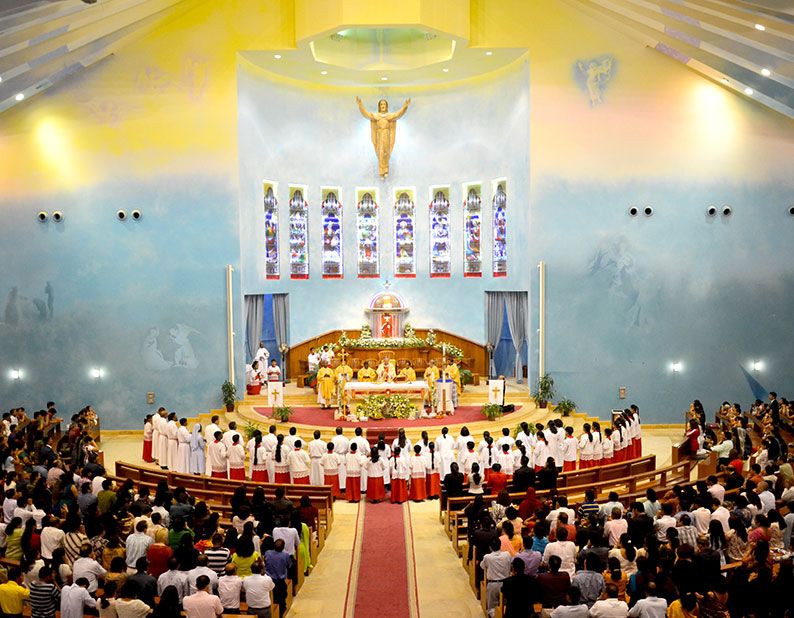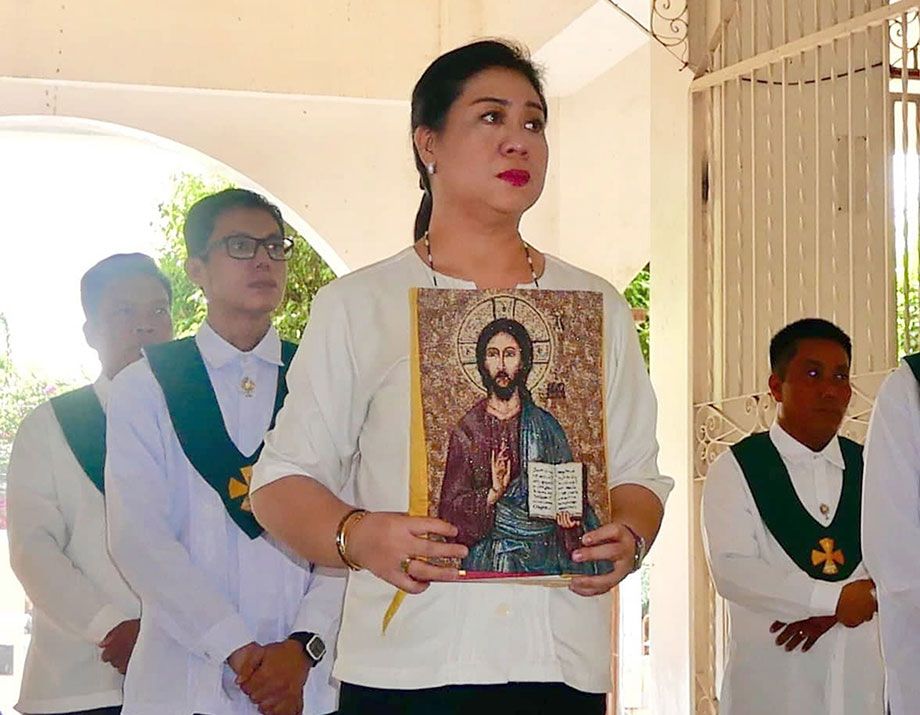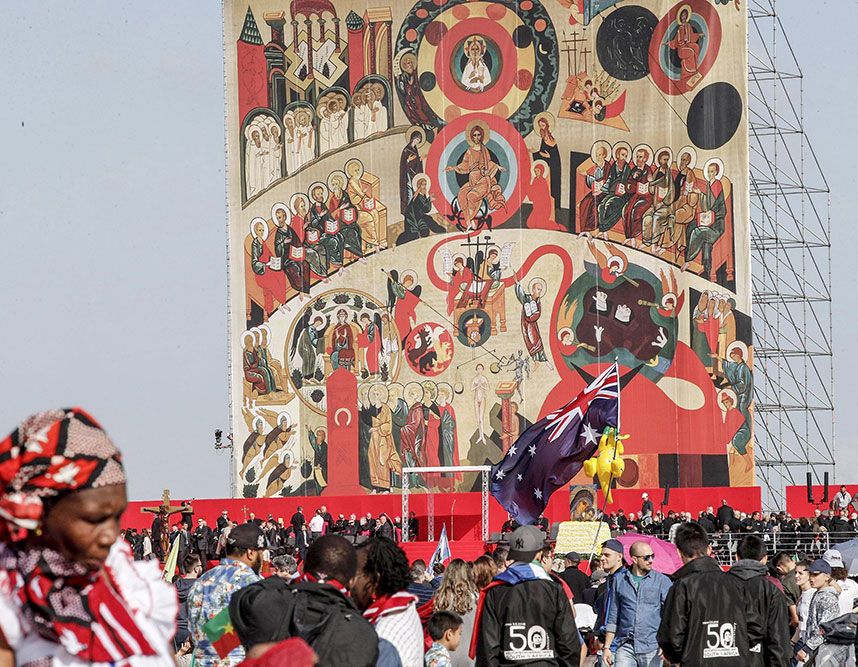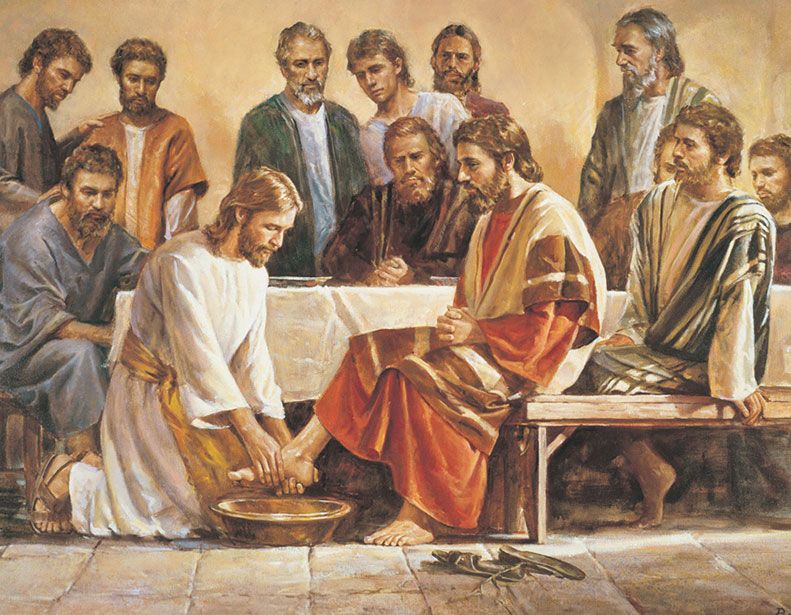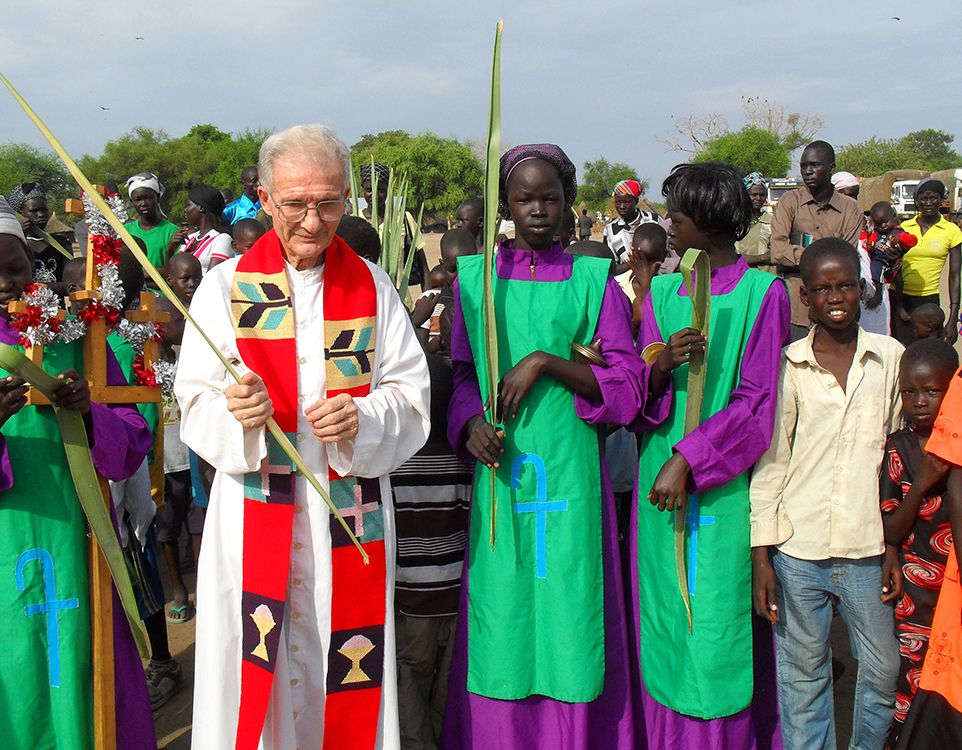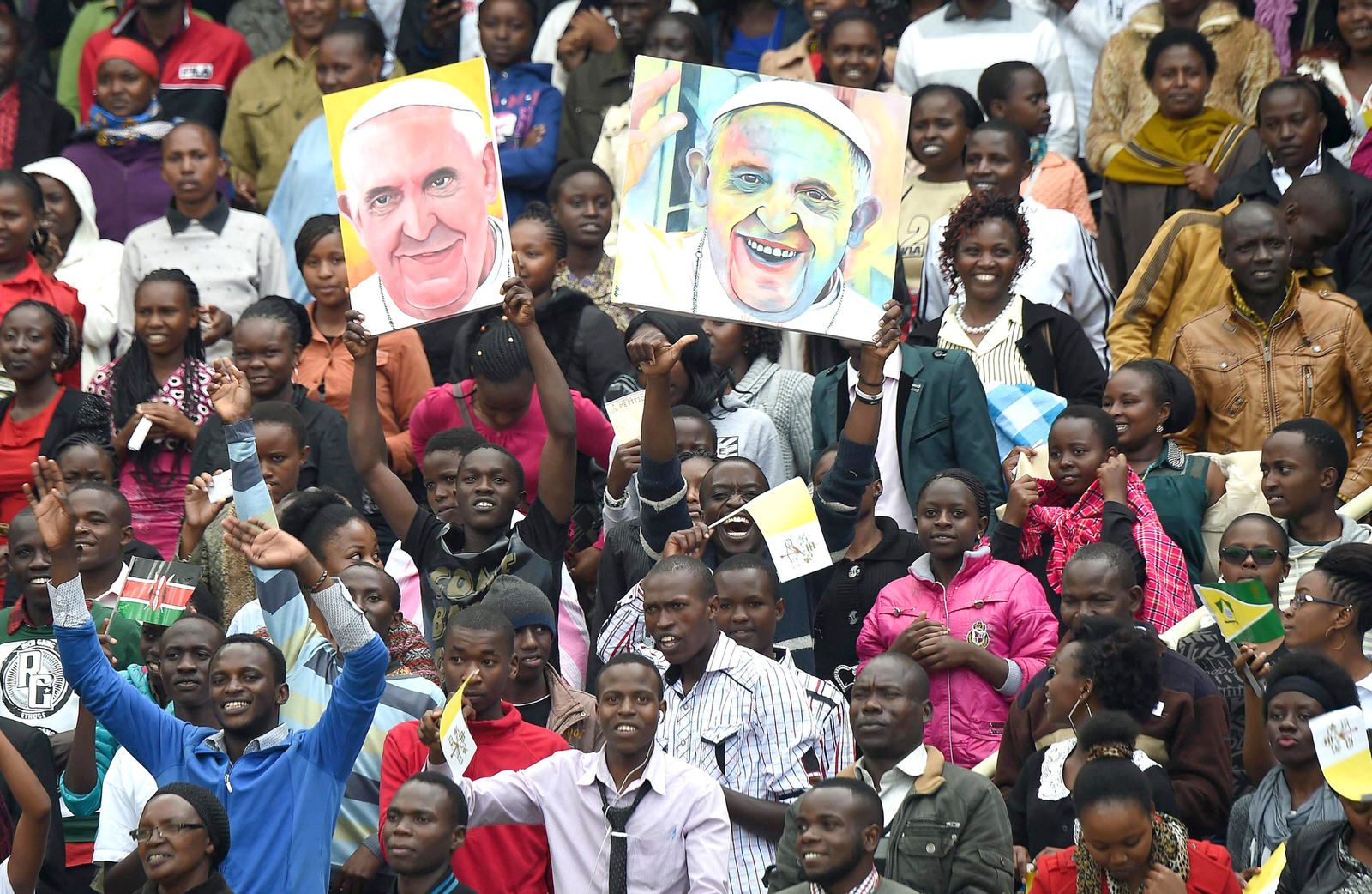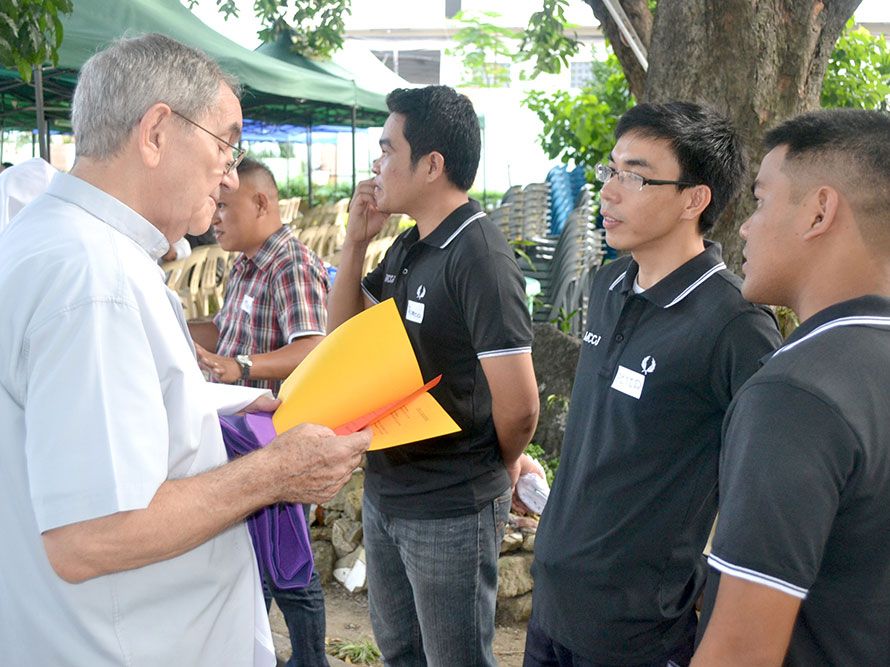In his Apostolic Exhortation Evangelii Gaudiun no. 187, Pope Frances says: “Each individual Christian and every community is called to be an instrument of God for the liberation and promotion of the poor, and for enabling them to be fully a part of society.”
This statement and so many others of Pope Francis make us understand that we cannot mystify and exalt material poverty. Jesus himself did not do that. This means that the Missionary Church has a strong and clear call from God: to fight against material poverty and eliminate its causes and debilitating effects.
Because of it, many people cannot live in a dignified and serene manner. How could they live without having the necessary means to meet their basic human needs: food, shelter, health, education and work? For many people throughout the world, poverty means misery and destitution, and this cannot be the will of God.
Sharing
The first Beatitude refers to another kind of poverty that must be lived and promoted by all the followers of Christ Jesus. In fact, it enables people to live according to their human dignity and to share everything they possess with others so that all may have what is needed to live well. This is what justice, considered as the sharing of what a person has, requires.
In his latest Apostolic Exhortation Gaudete et Exsultate, Pope Francis comments on the poverty of spirit in the following way: “Luke does not speak of poverty “of spirit” but simply of those who are “poor” (Lk 6:20). In his way, he too invites us to live a plain and austere life. He calls us to share in the life of those most in need, the life lived by the Apostles, and ultimately to configure ourselves to Jesus who, though rich, “made himself poor” (2 Cor 8:9).”
In a society which is affluent and consumer-oriented, blessed poverty does not come our way spontaneously. We have to learn how to be poor in spirit, consider Jesus as our treasure and radiate that kind of peculiar joy coming from living the Good News. For the Missionary Church this joy becomes the most effective apostolic mean.
Poor In Spirit
To learn how to be poor in the spirit of the first Beatitude, it is necessary for us to grow into three kinds of convictions:
The conviction that salvation comes from God and only from God
If we have this awareness, then we do not accumulate possessions and we do not put our trust in material things. Moreover, we use them for the glory of God, for our good and for the good of all. We learn this from the message Jesus gives in the Gospel through the account of the parable of the rich fool. In his life there was no room for God and no room for others. His heart was totally occupied by material possessions that cannot give security and salvation.
The conviction that God is attentive and active at all times to give us what we need for our salvation and for us to be happy
The poor in spirit know that one of the most beautiful images of God in Christ is this: God is our Servant in the Son. God is never tired and never absentminded; He is always attentive and on the move to bestow upon us the gifts that we need to celebrate life.
The conviction that God never imposes Himself and never imposes His gifts
His action is always along the line of a great proposal. Knowing this, the poor in spirit are always in the presence of God with a welcoming attitude to accept Him and his gifts in humility and gratitude. In fact, they know that everything that is good comes from God and from His love. Moreover, they receive what God gives with generosity and desire to share everything with others, especially the poorest and most abandoned.
Living in the context described above enables us to enjoy the greatest treasure of all, Christ the Lord who makes our hearts simple and flooded with lasting joy. With Mary, woman of the Beatitudes, we journey confidently towards the fulfillment of God’s promise: “I will make all things new” (Rev. 21:5).




